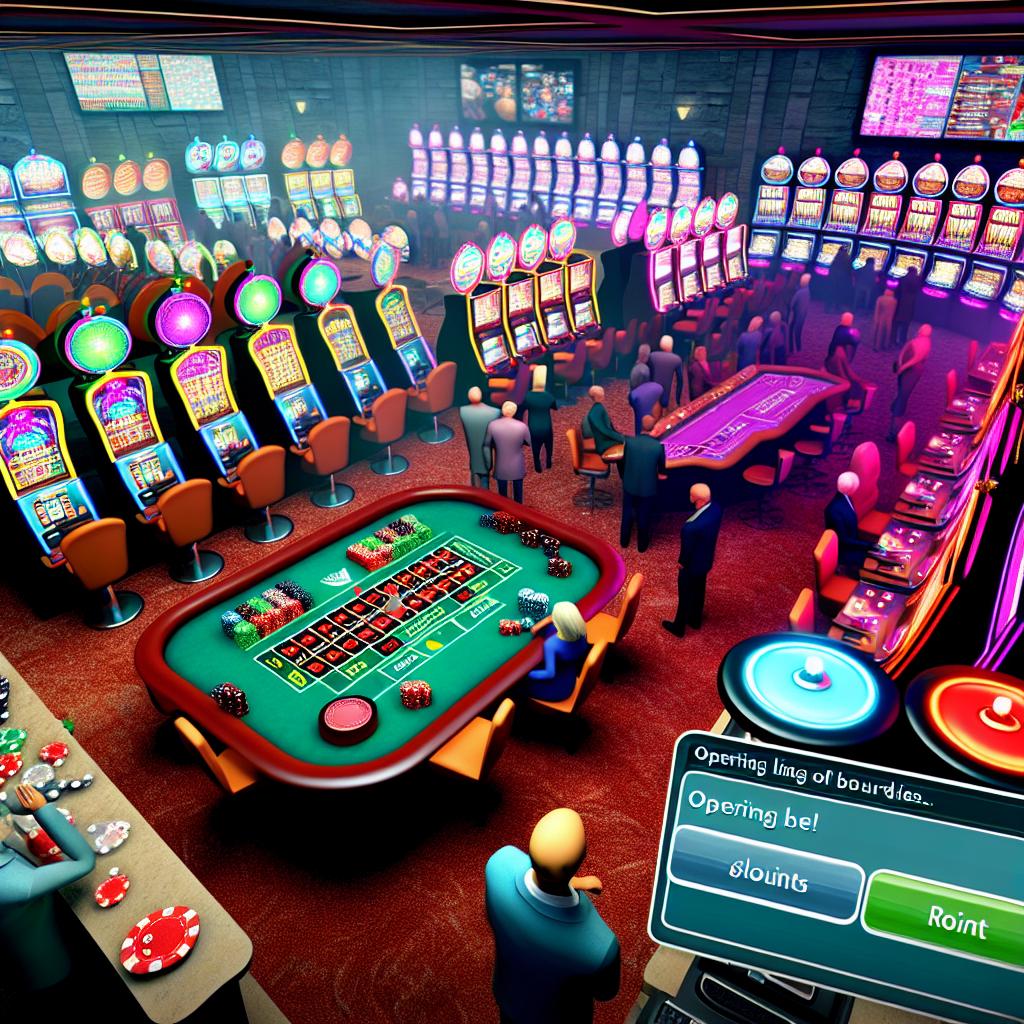
In the state of Indiana, the landscape of online gambling is shaped by a legal framework that can be intricate and somewhat challenging to navigate, especially for both residents and visitors. This framework defines what kinds of online gaming activities are permissible under current state laws and regulations.
Indiana’s gambling laws primarily emphasize in-person and physical gaming activities. The state has crafted a legal framework that, historically, has been more restrictive when it comes to digital and remote forms of gambling. However, some forms of online gambling have found their place within the state’s legal boundaries.
Through the years, Indiana has made progressive steps in the realm of online sports betting and daily fantasy sports, offering residents opportunities that were not available before. But when it comes to traditional online casino games, such as poker, slots, and other table games, the legal environment remains less accommodating.
Indiana took a significant leap in 2019 when it green-lighted online sports betting. The legislative turning point came with the passage of House Enrolled Act 1015 (HEA 1015), enabling the residents to legally engage in sports betting via regulated online platforms. This law opened the door for a range of licensed operators to establish sports betting services through both mobile applications and websites. As a result, Indiana residents now have access to a range of regulated options for placing bets on both local and international sports events. For further details about betting services sanctioned in the state, the Indiana Gaming Commission provides comprehensive resources and updates.
Aside from sports betting, Indiana has also recognized daily fantasy sports as a legitimate form of online gaming. This category of online gambling is explicitly permitted under state law and regulated to ensure consumer protection and fair play. Operators providing daily fantasy sports platforms have to comply with state-mandated rules to lawfully offer their services. This ensures that participants have a legitimate and secure avenue for engaging with fantasy sports contests.
While these two areas have clear legal guidelines, it’s notable that other forms of online gambling have yet to gain legal status.
At present, Indiana has not legalized online casino games such as slots, poker, and traditional table games. Despite the legality of sports betting and daily fantasy sports, there is no equivalent legal acknowledgment or regulation for standard online casino activities. Consequently, there exist no state-licensed platforms offering these gaming experiences. Engaging in these activities via unregulated and offshore websites does not provide the same consumer protections and carries significant legal risks.
Although online casinos presently lack a legal framework in Indiana, this area remains a subject of ongoing discussions and debates. In various other states across the U.S., legalizing online casinos has led to economic growth through additional state revenue and enhanced consumer safety through regulation. As such, some legislators and stakeholders in Indiana are beginning to ponder the economic and consumer protection benefits that regulated online casinos could bring.
However, it’s important to note that, as of now, no specific bills or legislative proposals have been successfully passed to integrate online casinos into the legal fold. Any change in this domain would require careful consideration of various factors, including potential economic impacts, societal implications, and the moral perspectives of the Indiana populace.
In conclusion, Indiana currently embraces only certain types of online gambling, notably in the form of online sports betting and daily fantasy sports. Traditional online casino gaming, including activities such as poker and digital slots, remains outside the legal perimeter. Consequently, Indiana residents and visitors should stay informed regarding the state’s gambling regulations to ensure lawful participation.
The future of online casinos in Indiana remains uncertain, but the evolution of similar laws in other states suggests that it might come under consideration as part of broader gambling reforms. For those interested in keeping abreast of these potential developments, staying attuned to governmental updates and announcements from the Indiana Gaming Commission could provide valuable insights. As discourse progresses around these issues, changes in Indiana’s legal landscape regarding online casinos might eventually materialize, reflecting broader trends within the United States.